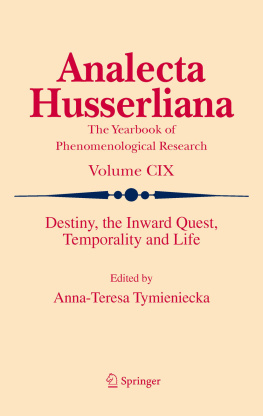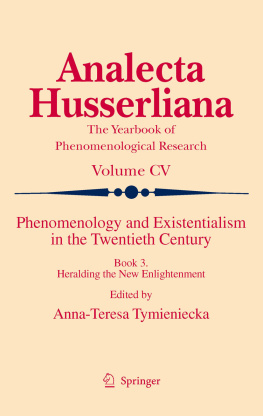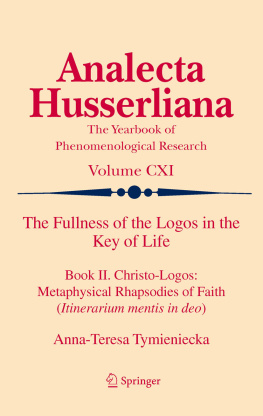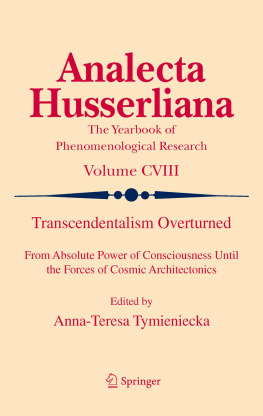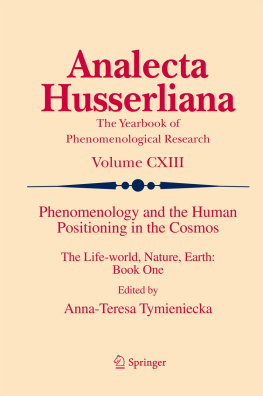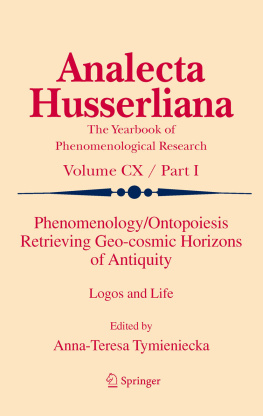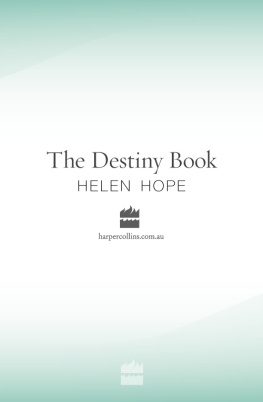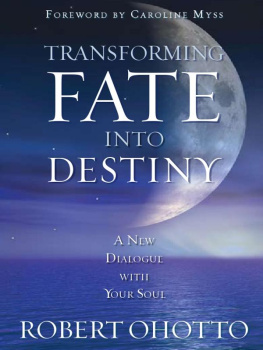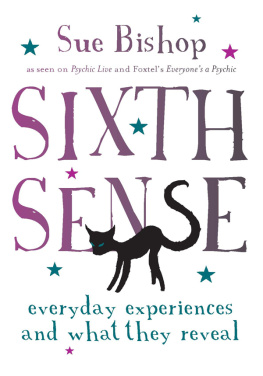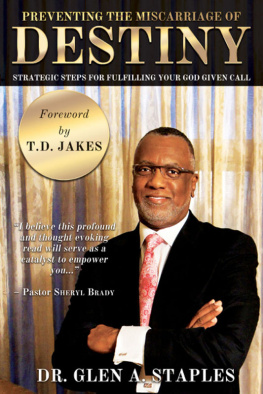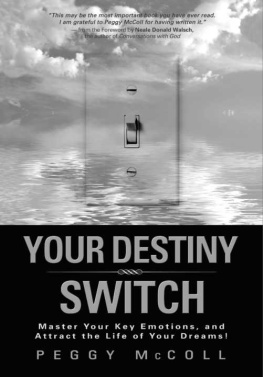A-T. Tymieniecka (ed.) Analecta Husserliana The Yearbook of Phenomenological Research Destiny, the Inward Quest, Temporality and Life 10.1007/978-94-007-0773-3_1 Springer Science+Business Media B.V. 2011
Present Eternity: Quests of Temporality in the Literary Production of the Extrme Contemporain in France (The Writings of Dominique Fourcade and Emmanuel Hocquard)
Destiny, temporality, doom : these three words, that are put together in the title of this Issue apply to our sense of historical progression, as if the first and the last were linked, like beads on a rosary, through and by the middle one, invoking the notion of an inner quest .
This well-known image of the rosary is taken from Theses on the Philosophy of History,1 an essay in which Walter Benjamin criticizes historians who content themselves with establishing a causal connection between various moments in history, instead of grasping the constellation which [their] own era has formed with a definite earlier one.2
In these pages I would like to share my thoughts about a supposed change concerning the notion of the teleological passing of time that has been taking place in the contemporary French Literary era; an epochI prefer this word to the previous onewhich, following the suggestions advanced by Jean-Luc Nancy and Michel Chaillou in the mid-1980s, can be approximately called the extrme contemporain (the contemporary extreme).3
Since then, this label has seen myriads of formulations, and has come to identify a corpus of authors (mostly novelists, even if the term was primarily introduced for poetry) who interpret, each in their own specific way, their avant-garde work. One could even say that this definition has become thoroughly debased by now, because of its broadness. Nevertheless, among all the possible interpretations of this expression, I will advance the one that describes a contemporary age that includes its extremities , where the word extremity is not to be taken merely in the sense of an extreme experience (somehow connected to the concept of necessity and, perhaps, doom ), but rather in the meaning of outermost and farthest parts of it.
This allows me to preserve the idea of the continuum of History proposed by Walter Benjamin in his Theses, when he states that:
History is the object of a construction, whose site is not that of homogeneous and empty time, but one filled with now-time [ jetzt-zeit ]. Thus, to Robespierre ancient Rome was a past charged with the time of the now which he blasted out of the continuum of history. The French Revolution viewed itself as Rome incarnate.4
Jetzt-zeit and extrme contemporain poetry are, in my opinion, to be paralleled by this constructive principle (that Benjamin attributed to historical materialism) related to a sort of cessation of historical time. They both recognize
the sign of a Messianic cessation of happening [a sort of zero-hour, Stillstellung ], or, put differently, a revolutionary chance of events [] in order to blast a specific era out of the homogenous course of history blasting a specific life out of the era or a specific work out of the lifework . As a result of this method the lifework is preserved in this work and at the same time canceled ; in the lifework, the era; and in the era, the entire course of history. The nourishing fruit of the historically understood contains time as a precious but tasteless seed .5
The various aspects of time (past, present and future) are thus converging, so that they are all simultaneously autonomous and mutually constitutive, creating a sort of temporal synaesthesia6 that gives things a chance to happen.
What I intend to do in this essay is, first, illustrate how and why time has to be seen as a precious but tasteless seed in the extrme contemporain literary epoch (in France).
To do this, I will begin by discussing the notion of the suspension of experience in contemporary literature, recently proposed by several critics. Secondly, I will turn to think about the relationship between destiny and experience, as it results in some pages of two poets belonging to this epoch of extremes: Emmanuel Hocquard and, more specifically, Dominique Fourcade. And I will conclude with some reflections on an elegy poem in which, in my opinion, extrme contemporain epoch poetry best shows its peculiar interpretation of the link between destiny, temporality and doom through its inner quest .
I. Notes on Literature and Experience: Prose and Poetry
There are two ways to explore the connections between literature and experience. We can initially wonder about what the experience of literature is today; secondly, we can investigate the relationship between literature and experience today.
The first approach implies the introduction of a new model when considering literature in the age of digital reproducibility. It is culturally fashionable today to speak of literary device rather than of literary structure , which implies a trans-semiotic approach to literature, including a strategic combination ( agencement ) of utterance (textuality) and visuality.7
It is undeniable that what Paul Virilio called the Big Optics (the switch from an anthropometrical vision based on geometrical perspective, which involves the distinction between near and far, to the active optics of time passing at the speed of light, typical of Information Technology)8 has affected both temporality and the horizon of life and experience. We are beneath (or better, floating into) an open sky full of promises, or full of emptiness. The epoch of horizons has passed away and contemporary storytelling often explores the erosion of the line between Story and History.9 Therefore the contemporary literary scene looks like a theater where the wings of the stage, and the stage as well, are placed in front of the spectators eyes.
After the advent of photography, that informs the Nineteenth century imageriesas Philippe Hamon calls them, after Arjun Appadurais considerations about social imaginary,10 montage and video composition techniques are now influencing our contemporary literary perspectives which have been left, as we have seen, without a horizon. We can dance photographically,11 we can write hypertextual poetry, which is not necessarily the incorporation of images, sounds, touch or other interactive multimedia tools along with alphabetic writing,12 but rather the necessity of reading poetry and novels as a multilayered devices, as a multitrack abridgement of possibility. This is the legacy, I dare say, the destiny of our visual culture era, and not only for writers, but for scholars too, who are more and more often asked to cross the boundaries between disciplines (in particular, those between literature and the arts), as I am doing in my paper.

